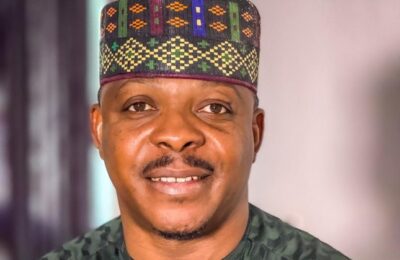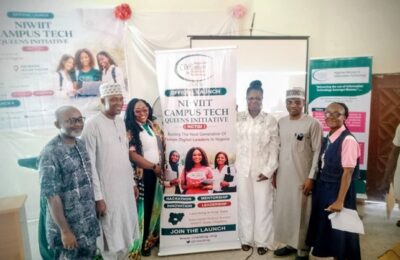Kogi State stands at a decisive hour — a moment that demands recalibration, not complaint; renewal, not regret. The Igala nation, as the historic nucleus of the state’s political and moral structure, must now rediscover its compass and redefine its role in shaping Kogi’s future. What is required is not another round of political rhetoric, but a deliberate renaissance — one rooted in unity, education, accountability, and value-driven leadership. The task before the Igala people is clear: to steer the state back toward balance, inclusion, and purposeful governance through visionary action, not nostalgia.
“Kogi can still become the model of regional harmony and purposeful governance,” says Elder Ocholi Ameh of Idah, with hope rather than despair. “But it begins when the Igala people rediscover their essence — service, integrity, and solidarity.” His words reflect a truth both urgent and timeless: societies do not transform by accident, but by intentional vision and disciplined collaboration.
The Igala people, custodians of one of Nigeria’s oldest systems of political order, must now harness their collective wisdom to engineer renewal. From Ankpa to Idah, from Dekina to Ibaji, the call is for reorientation — to revive civic education, cultivate leadership through mentorship, and establish a new ethos of governance that prioritizes welfare over wealth. A generation must now rise that thinks beyond personal ambition, understanding that true progress is communal.
The late Prince Abubakar Audu once affirmed, “Development is not about power; it is about purpose.” His words resonate more profoundly today than ever. Leadership must transcend the politics of survival and evolve into the politics of stewardship. Igala youths must channel their energy toward innovation, education, and civic participation, while elders must offer moral clarity, bridging wisdom and modernity. The future of Kogi cannot rest on the shoulders of those who merely desire power — it must be led by those who embody purpose.
John C. Maxwell once observed, “A leader is one who knows the way, goes the way, and shows the way.” Kogi’s renewal depends on such leaders — bridge-builders capable of uniting communities across ethnic, religious, and political lines. The call is not to revive the past but to reimagine the future. In this season of recalibration, the Igala must lead not by dominance, but by example — demonstrating integrity, inclusiveness, and innovation in public service.
The traditional and spiritual institutions of Kogi also bear responsibility in this reconstruction. The pulpit must become a platform for civic enlightenment, and the palace must champion peace and progress. As Prophet T.B. Joshua once declared, “When a people reconnect with their source, their strength is renewed.” The Igala source lies in discipline, faith, and communal harmony — timeless virtues that once defined their greatness.
This is not a time for apathy or nostalgia. It is a time for awakening — a time to rebuild, realign, and rediscover purpose. The compass of Kogi is not irreparably broken; it only awaits the steady hands of a united and visionary Igala nation to set it aright. When that alignment happens, Kogi will no longer drift — it will rise again, not on politics, but on purpose; not on power, but on principle.
– Inah Boniface Ocholi writes from Ayah – Igalamela/Odolu LGA, Kogi state.
08152094428 (SMS Only)




